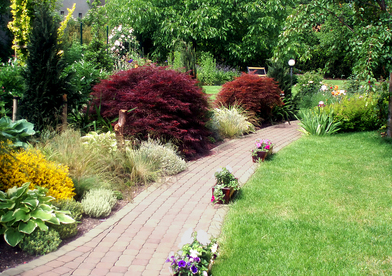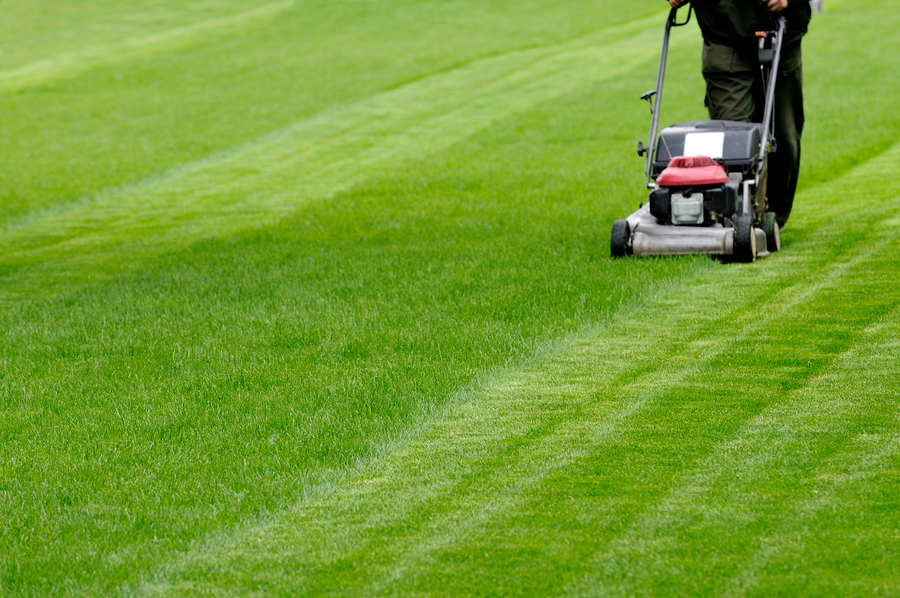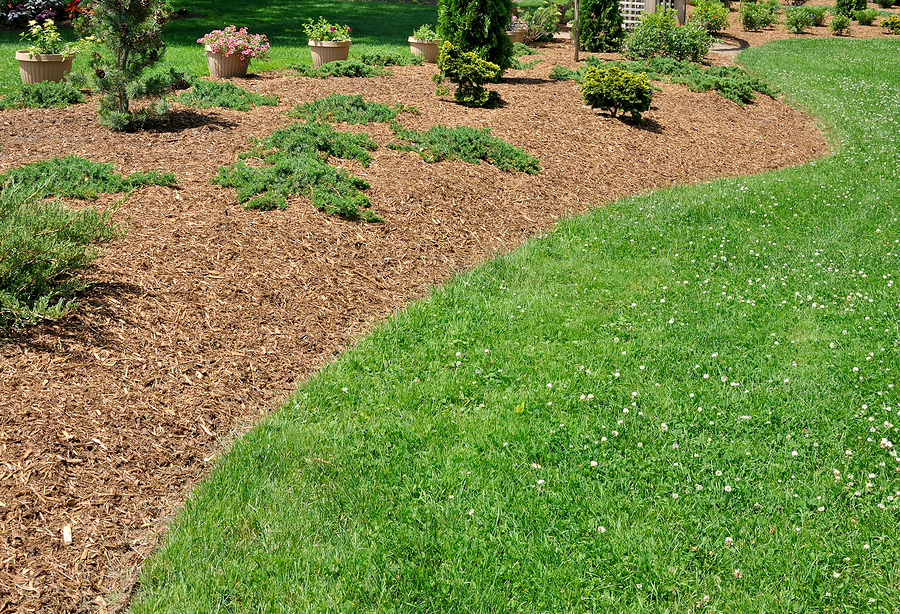Lawn Grub Control Tips
Click here To Call: 540-701-3559
|
Pests can compromise the beauty and health of your lawn. Unfortunately, these are inevitable in any garden, and the only thing you can do is to control and prevent them from destroying your plants. With these tips on lawn grub control, you should be able to maintain the great quality of your yard more efficiently.
Detecting the Problem Grubs remain in the soil, and these feed on grass roots. When left unaddressed, your yard will turn unsightly and dead as these pests kill these essential parts of your lawn plants. What's more, having grubs in the garden can result to an infestation of other animals that hunt for these unwanted creatures in your yard. With this in mind, you should make it a point to detect these pests in your garden to determine the right solution to eliminate these completely. An initial step to getting rid of grubs involves detecting the presence of these creatures. You are most likely to find damages in your lawn caused by grubs during the early fall or in the late summer months. Signs of damages include yellowish area in the garden, as well as brown patches or spots that tend to peel away from the ground. It is also important to check the severity of infestation, which should help you identify the scope of treatment. To do this, dig small sections of your garden. If there are over 5 grub worms for each quarter square foot, there is a need for treatment or control of these pests. Applying Treatment After properly detecting grubs in your garden, you can proceed to the treatment process. However, you should be aware of the right time to apply the treatment, so you can obtain excellent results. Ideally, these pests should be exterminated during the early fall or late summer. During these seasons, grub worms are easier to kill because they remain closer to the soil's surface, and they are still small in size. On the other hand, grubs are larger in springtime. They also stay deeper into the soil since their feeding season is also over. As a result, you cannot expect quick effects from using insecticides. To make it even tougher, rains during springtime only cause insecticides to be washed away from the soil, thus reducing the effects. Be sure to read product instructions carefully before applying insecticides for these pests. You should also use the right product depending on the season since there are those designed for prevention purposes while others are intended to act quickly and kill these creatures. If you are leaning towards a more natural means of killing grubs in the garden, there are a few options to choose from. You can use neem oil that effectively repels Japanese beetles and grubs, as it prevents these creatures from feeding, growing and laying eggs. Nematodes may also be used, and these worms release the right amount of bacteria in the ground to exterminate grubs, Lastly, spores help treat grubs while preventing future infestations as more spores enter the soil. With these effective and safe ways to kill grubs, you can eradicate this problem in your garden and ensure the health and condition of your lawn. Guide to Effective Mole Control |
|



